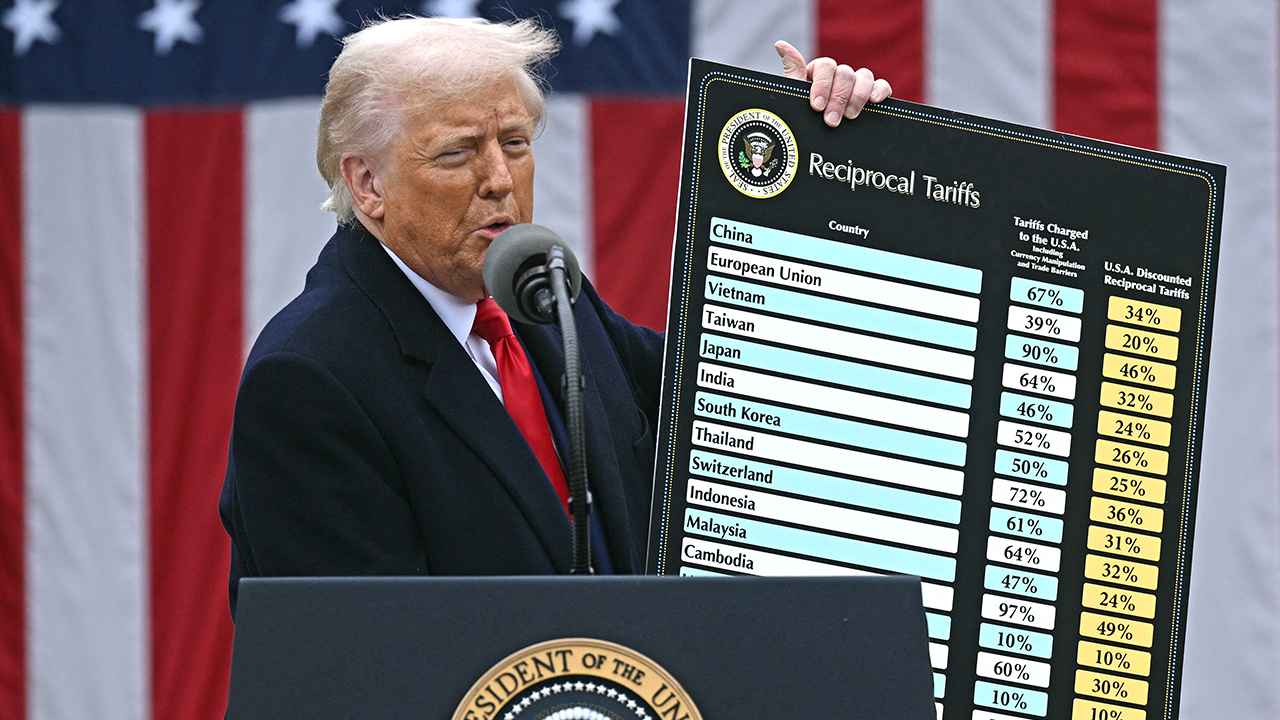Where Trump’s approval rating as president stands in a brand new national poll

The latest national poll conducted by Quinnipiac University reveals that Americans’ concerns over the economy, particularly inflation and tariffs, are impacting President Donald Trump’s approval ratings. The survey, conducted from April 3-7, shows that Trump’s approval rating stands at 41%, with a disapproval rating of 53%. This marks a decline from his ratings earlier in his second term, where he started at 46%-43% approval/disapproval in late January and was slightly underwater at 45%-49% in mid-February.
The economy is a key factor in Trump’s approval ratings, with 40% of respondents approving of his handling of the economy, while 55% disapprove. In terms of trade, only 39% approve of Trump’s approach, while 55% give him a thumbs down. The recent announcement of tariffs imposed on multiple countries has raised concerns among Americans, with nearly three-quarters believing that these tariffs will harm the U.S. economy in both the short and long term.
The impact of these tariffs on the economy is a major point of contention, with voters split on whether time will reduce the economic pain caused by these measures. According to Quinnipiac University polling analyst Tim Malloy, a majority of voters do not foresee a reduction in the negative effects of the tariffs over time.
When asked about their biggest economic concerns, respondents highlighted the price of food and consumer goods as the top issue, followed by the cost of housing or rent, the stock market, and job security. Surprisingly, Democrats, Republicans, and independents all expressed equal levels of concern about the prices of essential goods, showcasing a rare moment of political unanimity.
In terms of party perception, voters are divided on which party cares more about their needs and problems. A third of respondents believe the Democratic Party is more attentive to their concerns, while an equal amount feel that the Republican Party is more caring. Thirty-one percent of respondents believe that neither party prioritizes their needs.
Overall, the poll indicates a growing unease among Americans regarding the economy, particularly in light of recent tariff announcements. These concerns are reflected in President Trump’s approval ratings, which have seen a downward trend in recent months. As the economy continues to be a central issue for voters, it remains to be seen how these economic challenges will shape the political landscape moving forward.




